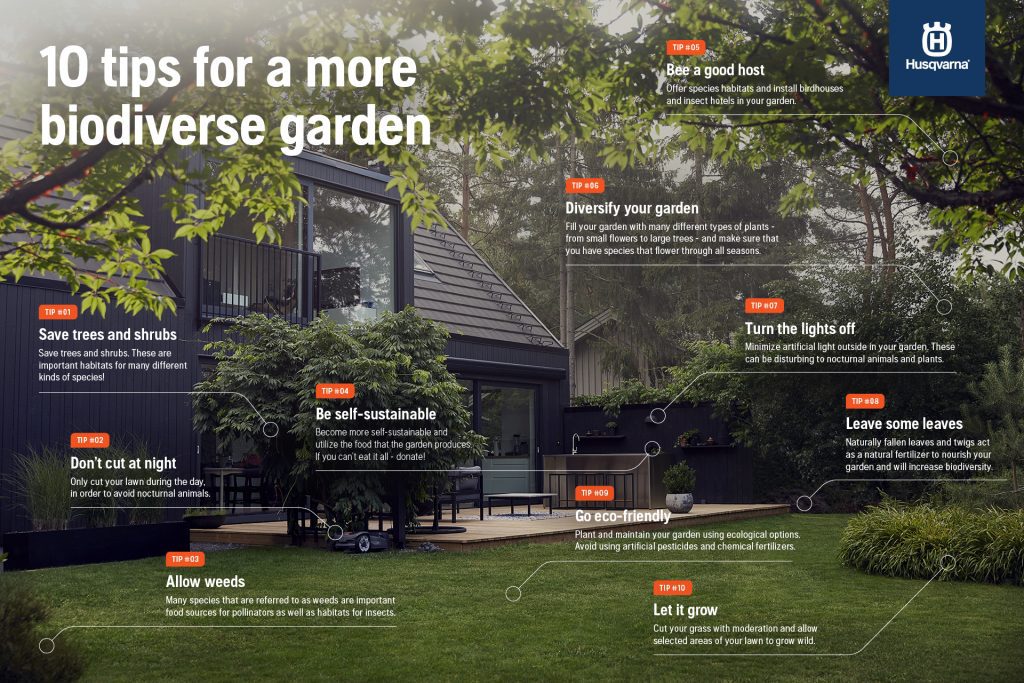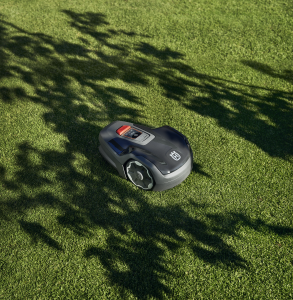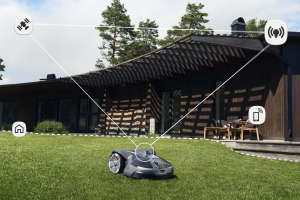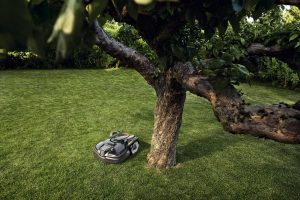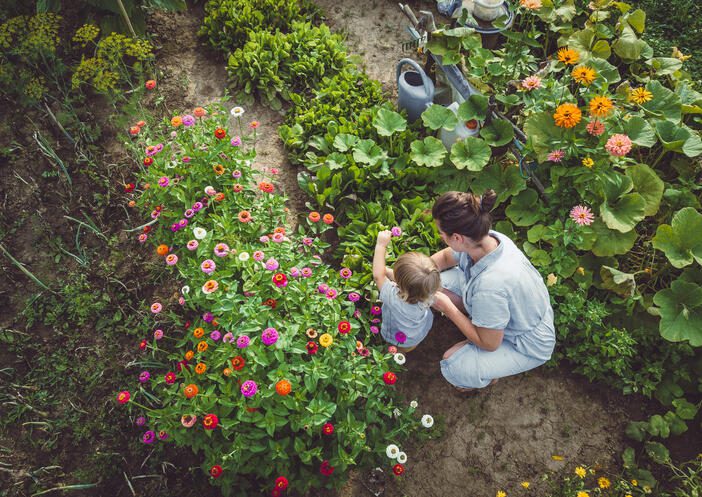
As the world trends towards eco-friendliness and sustainability, people are looking for ways to live in greater harmony with nature. This is happening on the macroscale, with architects designing entire cities that incorporate nature, but also on the individual level. To change the world, there’s no better place to start than on your own patch of earth. Promoting biodiversity within your garden can not only create a space that’s bustling with life, but one that’s fertile, beautiful and exciting. To help you achieve this, we share some of the best tips and tricks for automatic lawnmower owners.
Biodiversity and garden maintenance
Knowing how to maintain your garden in a way that aids biodiversity is important, as this helps you create a space that’s bustling with life. Tools like Automower® are ideal for creating healthy, self-sustaining gardens, as they support these ecosystems in various ways. Here are some tips on how to support biodiversity through your garden maintenance equipment:
- Use eco-friendly tools: Automower® is the ultimate robot lawnmower for supporting biodiversity. It takes grass clippings, mulches them into tiny pieces and deposits them back into the lawn, producing healthier, more sustainable and more fertile grass.
- Don’t cut at night: Nocturnal animals, like hedgehogs, like to roam around your lawn at night. Because you can schedule your Automower® to cut the grass whenever you want, be sure to do it in the daytime to protect hedgehog populations.
- Let it grow: Allowing sections of your garden to grow freely is a good way to promote biodiversity. You can do this automatically by telling your robotic mower which zones to cut and which to leave, or alternate between zones.
Nature’s gardeners and how to assist them
Here are some of the main life forms that support your garden’s health, along with tips on how to help them in their work and create a garden in which they can thrive:
Hedgehogs
The humble hedgehog is one of the nation’s favourite creatures. Being the only spined animal in the UK, they always make for an entertaining sight. But did you know these cute critters play an important role in maintaining a healthy garden? Because they control snail, slug and insect populations, they keep ecosystems thriving by preventing disease and pest infections. This protects plants and flowers, keeping them vibrant and healthy for longer. You can look after your resident hedgehogs by building passageways in and out of your garden. This helps them remain covert, away from predators and traffic.
Earthworms
The presence of earthworms in your garden is one of the main indicators of healthy soil. They help to decompose organic matter, aerate soil, move water, cycle nutrients and improve the structure of soil, all of which boost the fertility of your garden and support life. Because earthworms are so sensitive to pollutants, they don’t typically appear in soil containing pesticides. You can help to support the earthworm population in your garden by avoiding using these harmful chemicals and distributing some compost. This gives them something to eat and a safe place to thrive.
Bees
We’ve all heard about the importance of bees and the worrying fact that their numbers are declining worldwide. This means they need a helping hand more so than some other creatures, so they can carry out their essential work of pollinating plants. You can help bees thrive in your garden in several ways, such as by cultivating plants high in nectar and pollen and making a water source available. Also, minimise or eliminate the use of pesticides in your garden, as these are a direct threat to bee populations and other forms of wildlife.
Ladybirds
The ladybird is another well-known British bug that dutifully works to protect your plants. Because these colourful critters are the natural predators of insects we consider pests, they make an excellent addition to your garden and should be protected. They eat various crop-eating creatures like aphids, helping to keep your plants intact without the use of pesticides. Having a small nettle bush in your garden can promote ladybug populations, as they tend to lay their eggs there. They’ll also appreciate a mini insect watering hole.
How many of these tips can you put into practice in your garden to help biodiversity?
